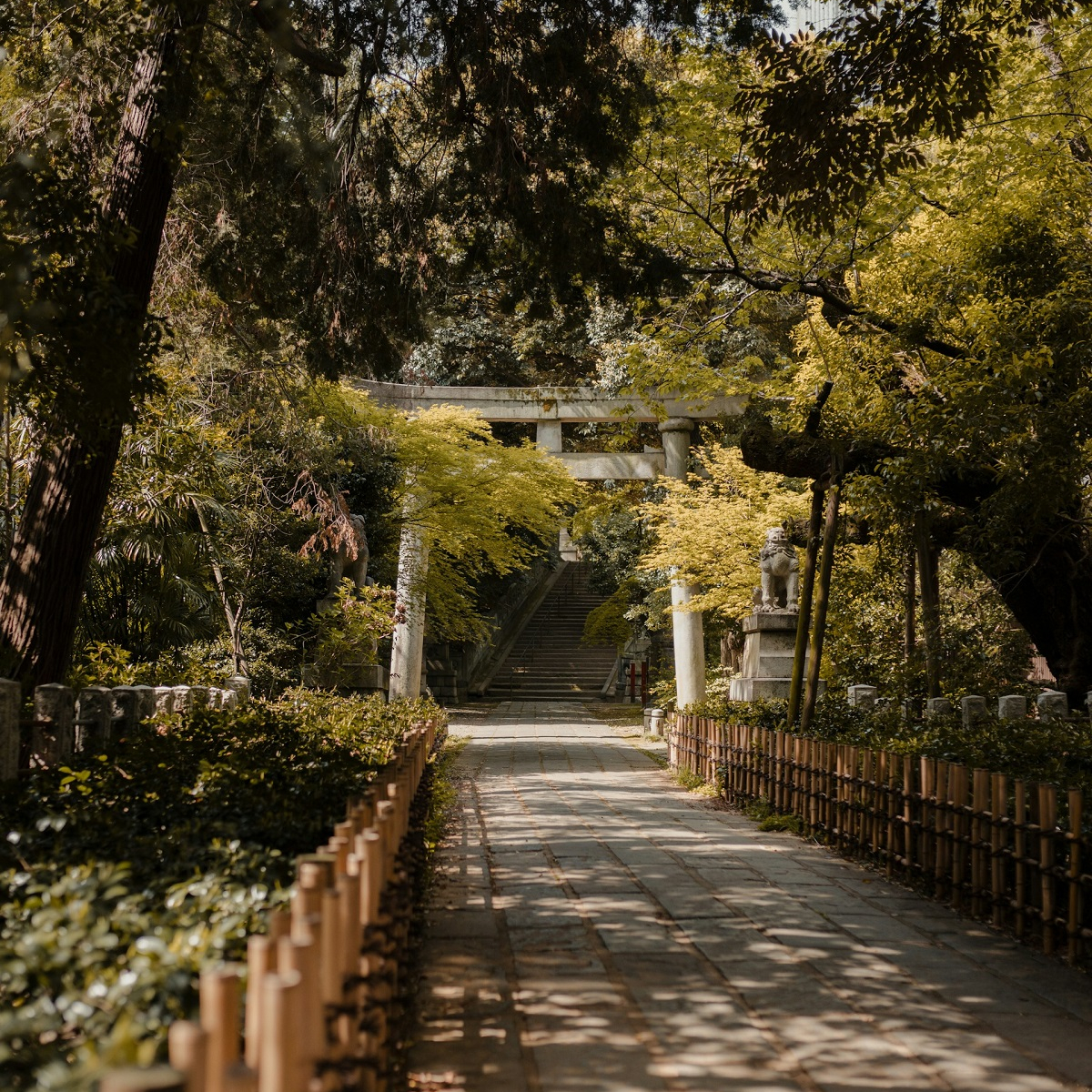
A Japanese court has indicted a man who went to extremely elaborate lengths to film hundreds of bathing women secretly.
In both photography and video recording in the field, there are always issues involving consent and respecting the privacy of third parties that anyone, amateur or professional, has to consider. Motive and context also play a part.
Then there are extreme cases in which it’s obvious that someone is doing their recording with predatory motives clearly in mind in a context where a legal right to privacy is unambiguous.
This was the case recently in Japan when a 31-year-old man was discovered after having spent an undefined but extensive period of time secretly recording photos and video of over 1000 women as they bathed and changed clothes at a hot spring in Yamagata prefecture, Japan.
Though the defendant in this case hasn’t been publicly identified, he was arrested earlier in 2024 when a camera that he had very carefully disguised as a small boulder was accidentally discovered.
As reported by the South China Morning Post and by the Japanese site TBS NewsDig, a woman who frequented the spring found the very well-disguised camera only because she noticed that the tiny lens protruding from it was reflecting ambient light.
She then reported her unpleasant discovery to the local authorities. They then waited for the owner of the rock camera to return for his device and arrested him.
In the indictment, described on NewsDIG IN Japan, the man in question was unemployed and regularly hiding in the mountains surrounding the bathing facility.
In a court appearance in September, he admitted to his illegal recording acts and further elaborated that he would also disguise himself as an unassuming hiker, close in on these and other hot springs and then cover himself in camouflage netting.
Having done this, he’d then use yet another camera with a telephoto lens to take zoom photos of 44 people, including women while they bathed or changed clothes.
The rock camera on the other hand was a static construction, made of plastic and clay and crafted to look very inconspicuous unless closely examined. Its voyeuristic owner had also wrapped the camera’s cable in brown take and connected it to a concealed portable power pack.
The court now handling the man’s indictment called the number of women he claimed to have recorded “staggering” and largely because it represents such a “planned, habitual and malicious” effort of voyeurism, the prosecution recommended a 2-year prison sentence.
After examining the photo and video evidence, police found that the man in question had amassed his massive collection of illegally captured media over about 2 years, since as far back as 2022.
The case prosecutors also argued that the defendant seemed very likely to re-offend.
Unsurprisingly, the man’s defense counsel claims that he shows a “remorseful attitude” and requests a lower sentence.
Whether he’s remorseful about what he did with so much determination or just for being caught is open to interpretation.
Curiously, the sheer effort that went into this obviously predatory and illegal recording activity could have born amazing photographic results if it had been used on something morally and ethically sound.
For example, a nature photographer going to all these efforts for non-human subjects could have used the results to easily enter multiple documentary photo and video contests or apply for grants.
Yes, many people secretly film public places for the sake of diverse and fascinating social or artistic photo or video projects, but as in most complex media-related activities, context, motive and setting matter enormously in deciding what’s ethical and permissible and what isn’t.
This particular individual wasn’t shooting documentary or artistic photos of daily public life on a public street where no expectation of basic privacy usually exists.
Instead, he was secretly and very specifically targeting women during vulnerable moments in a situation where they had no reason to believe they’d be recorded.
The laws of different countries can also be variably strict about even innocent instances of public recording.
In countries like the United States, regulations regarding photos and videos in public are usually pretty permissive. In other countries, like Germany for example, the laws around capturing people’s faces, even in public, can quickly lead to legal trouble for a would-be photographer.
Images credit: TV-U Yamagata, Japan National Police Agency






